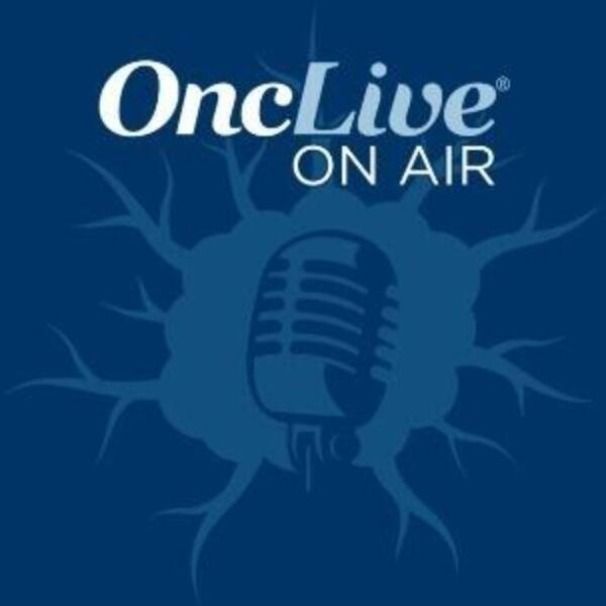Video
Dr Disis on the Investigation of the CAR T-Cell Therapy PRGN-3005 in Ovarian Cancer
Author(s):
Mary “Nora” Disis, MD, discusses the results of a phase 1/1b study of PRGN-3005 autologous UltraCAR T cells in patients with advanced stage platinum-resistant ovarian cancer.
Mary “Nora” Disis, MD, director, University of Washington (UW) Institute of Translational Health Science, Center for Translational Medicine in Women's Health, associate dean, UW School of Medicine, dean, Research and Graduate Education, associate dean, Translational Science, Helen B. Slonaker Endowed Professor for Cancer Research, professor, medicine and oncology, adjunct professor, Obstetrics & Gynecology and Pathology, UW School of Medicine, discusses the results of a phase 1/1b study of PRGN-3005 autologous UltraCAR T cells in patients with advanced stage platinum-resistant ovarian cancer .
At the 2023 ASCO Annual Meeting, investigators presented the results of this phase 1/1b study, which evaluated the safety and efficacy of intraperitoneal and intravenous administration of PRGN-3005 with and without lymphodepletion, Disis begins. Although many CAR T-cell therapies can be associated with severe cytokine release syndrome (CRS), investigators reported only mild cases of grade 1/2 CRS, Disis explains. Overall, the safety profile of the agent was favorable, with no dose-limiting toxicities, no neurotoxicity, no ophthalmologic adverse effects, and no use of kill switch.
Investigators also evaluated T-cell persistence with the agent and demonstrated that T cells persisted for weeks following infusion. Data will continue to be collected to evaluate the long-term durability of T-cell persistence with the agent, Disis expands.
Investigators also evaluated optimal delivery techniques with the agent. Ovarian cancer is typically an intra-abdominal tumor, leading investigators to look at intraperitoneal delivery (n = 12), intravenous delivery (n = 6), and intravenous delivery with lymphodepleting chemotherapy (n = 9). The latter approach was included because it is known that lymphodepletion can cause CAR T cells to expand even more in the body, Disis says. Finally, investigators evaluated response with the agent. Notably, a single intravenous infusion of PRGN-3005 following lymphodepletion led to a 67% reduction in tumor burden. Additionally, administration of two infusions led to a 28% reduction in tumor burden, Disis concludes.









